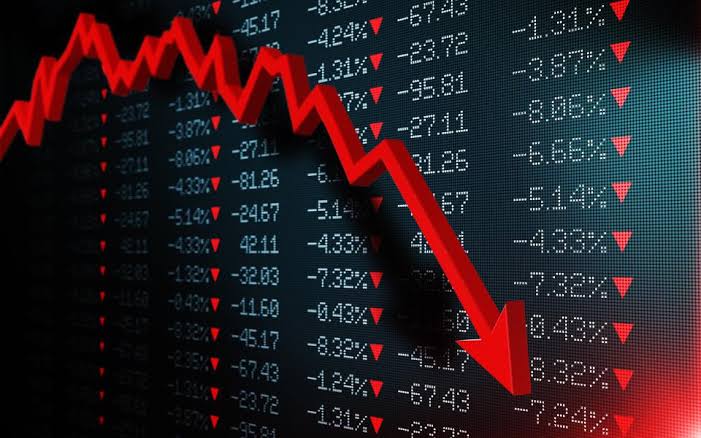
Analysts project global recession, stock market crash by 40%
By Zion Rufus
In the midst of heightened Inflation which have doubled in 37 of 44 advanced economies over the past two years, according to Pew Research Center analysis, Chief economist, Nouriel Roubini has projected a “long and ugly” global recession starting at the end of 2022 and a sharp correction in the S&P 500.
Roubini, who is popularly known by his apt prediction of the 2008 financial crisis, predicted in a Bloomberg interview that the global inflation could last throughout 2023 and the S&P 500 could fall by between 30% and 40%.
According to a new comprehensive study by the World Bank report, as central banks across the world simultaneously hike interest rates in response to inflation, the world may be edging toward a global recession in 2023 and a string of financial crises in emerging markets and developing economies that would do them lasting harm.
Central banks around the world have been raising interest rates this year with a degree of synchronicity not seen over the past five decades—a trend that is likely to continue well into next year, according to the report. Yet the currently expected trajectory of interest-rate increases and other policy actions may not be sufficient to bring global inflation back down to levels seen before the pandemic. Investors expect central banks to raise global monetary-policy rates to almost 4 percent through 2023—an increase of more than 2 percentage points over their 2021 average.
The report also showed that several historical indicators of global recessions are already flashing warnings.
“The global economy is now in its steepest slowdown following a post-recession recovery since 1970. Global consumer confidence has already suffered a much sharper decline than in the run-up to previous global recessions. The world’s three largest economies—the United States, China, and the euro area—have been slowing sharply. Under the circumstances, even a moderate hit to the global economy over the next year could tip it into recession,” the World Bank report revealed.




Comment
No comments found.